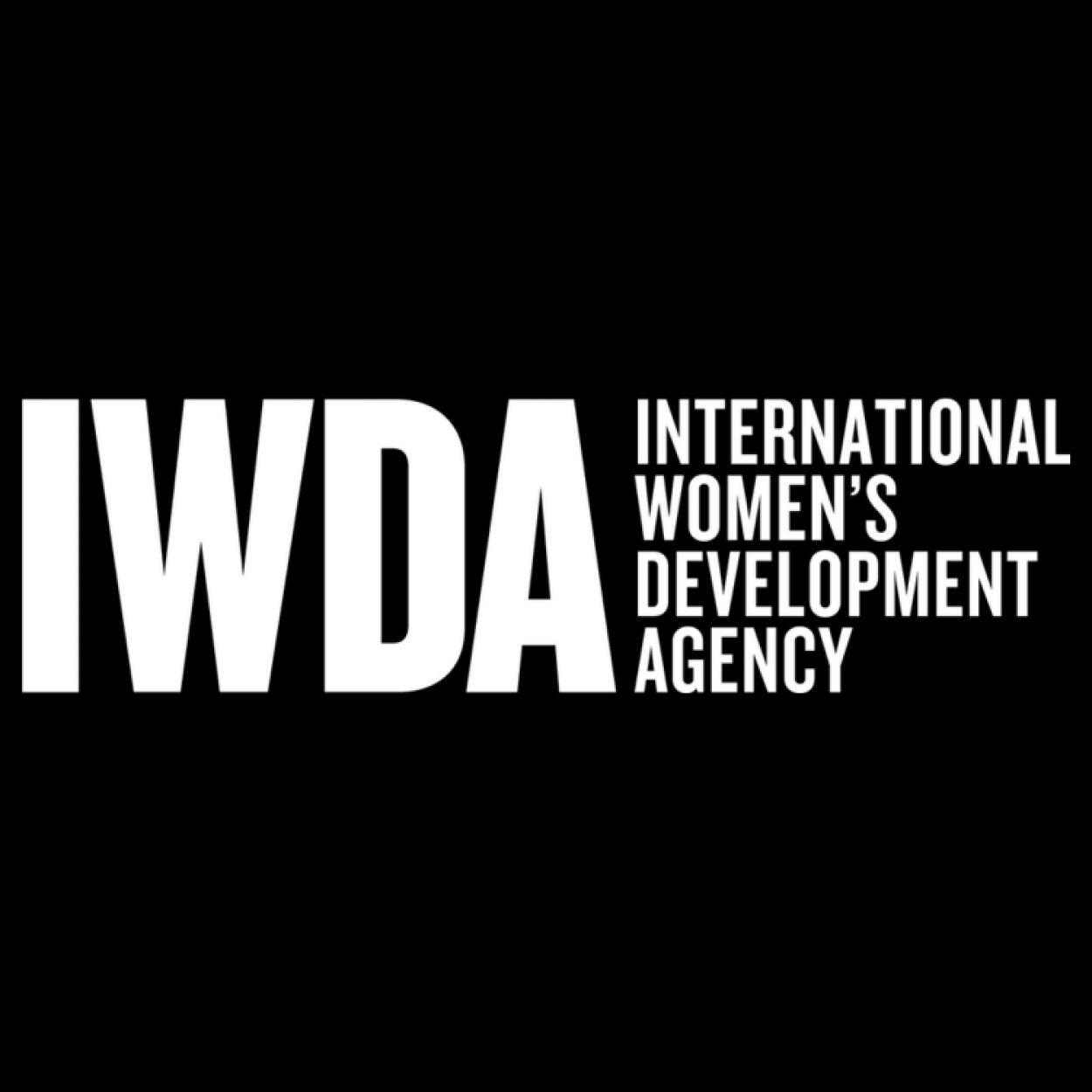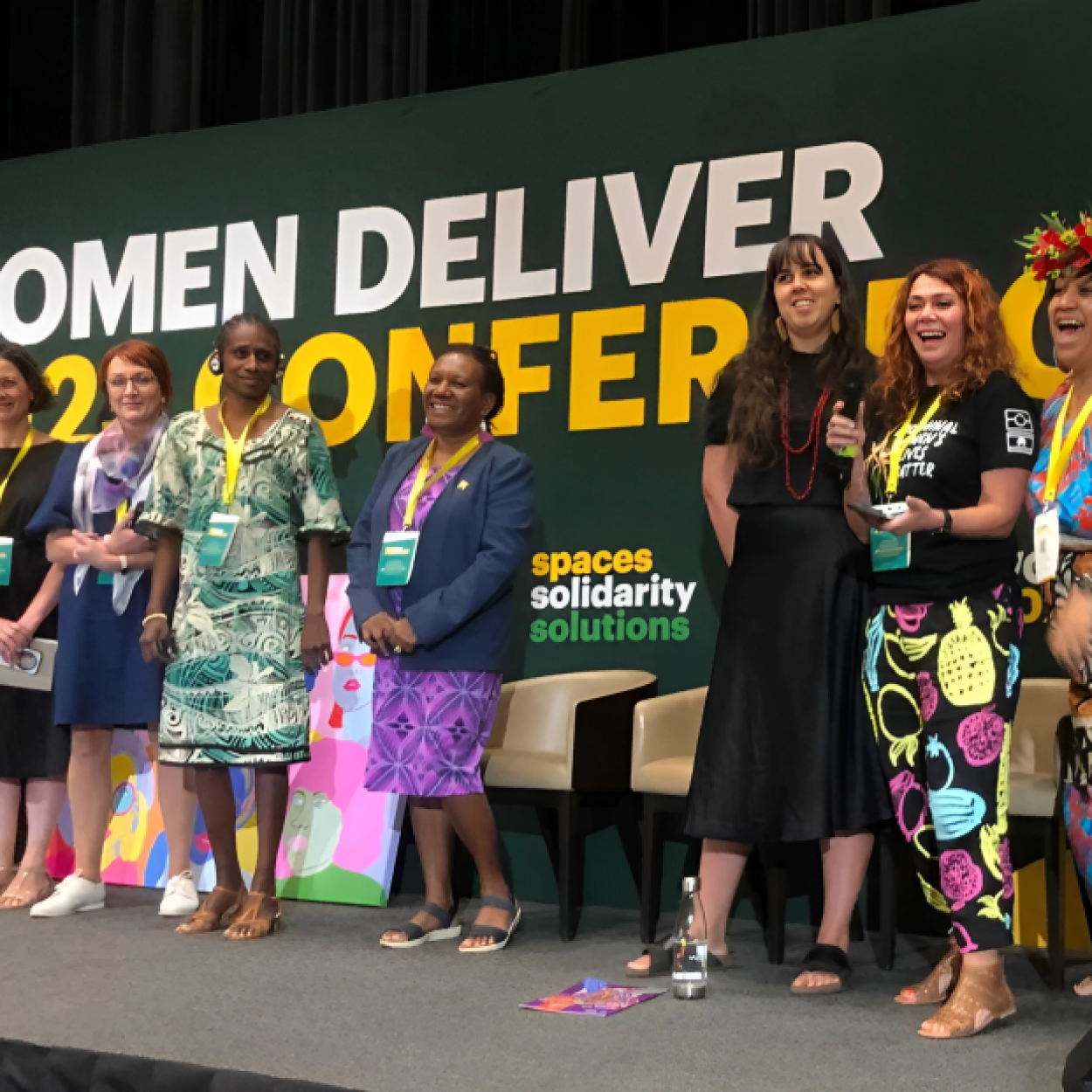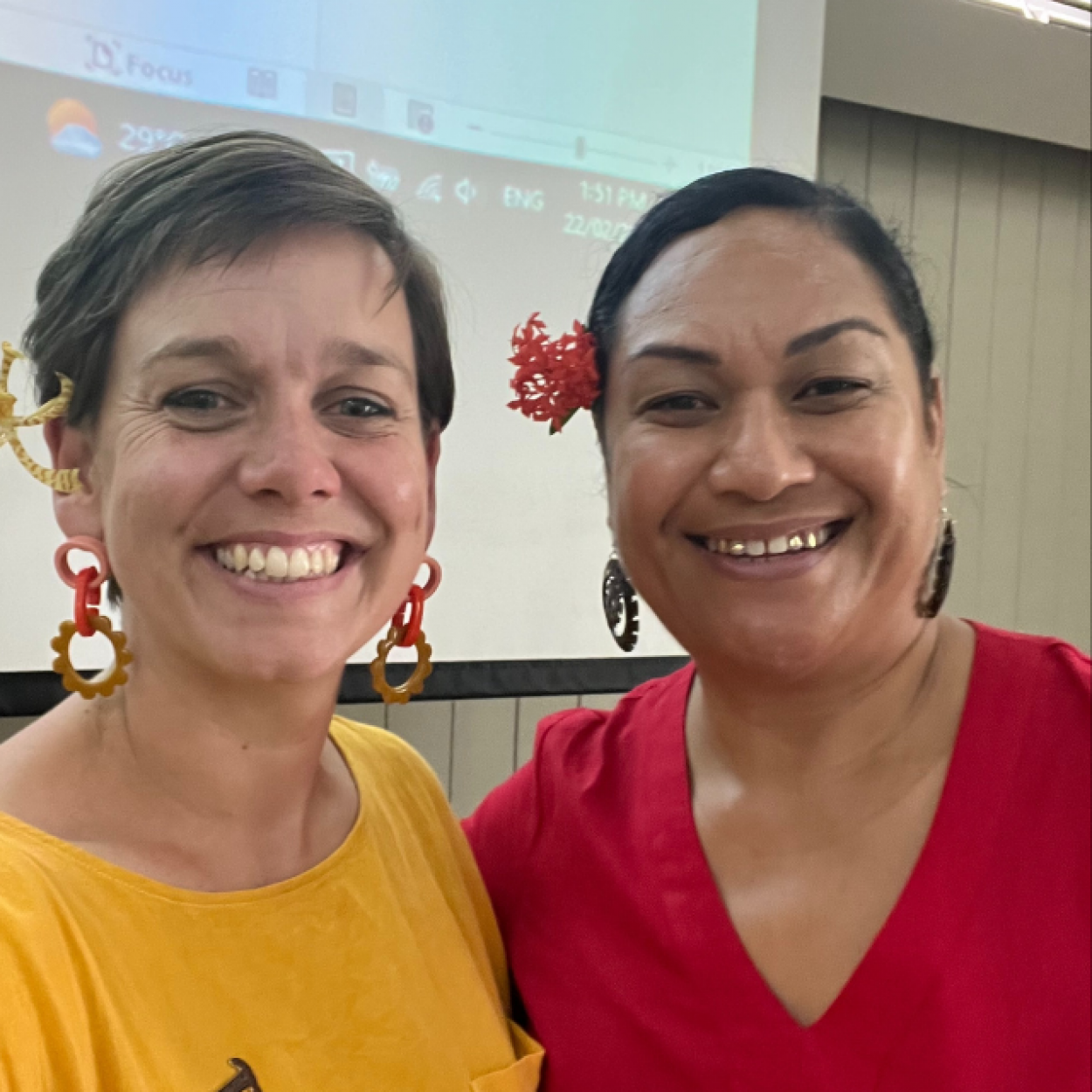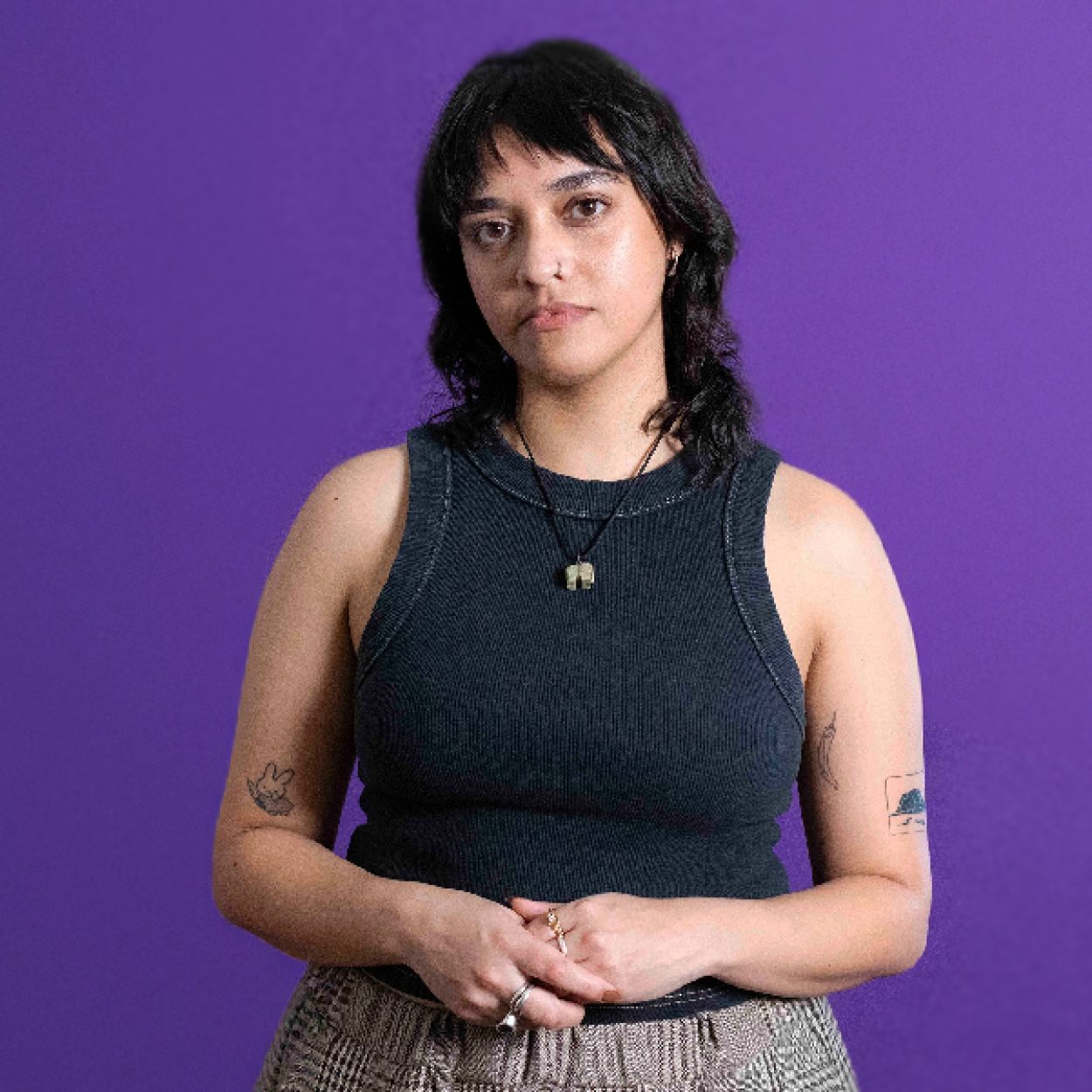
What are the 16 days of Activism, and why should you care?
The 16 Days of Activism campaign calls for action against one of the world’s most persistent violations of human rights – violence against women.
When are the 16 days of activism?
Monday 25 November 2025 is the International Day for the Elimination of Violence against Women and marks day one of the 16 Days of Activism.
Each year, from 25 November to 10 December, World Human Rights Day, the 16 Days of Activism campaign calls for action against one of the world’s most persistent violations of human rights – violence against women. This year the theme for 16 Days of activism is end digital violence against all women and girls.
During the 16 Days of Activism, people around the world unite to raise awareness about gender-based violence, challenge discriminatory attitudes and call for improved laws and services to end violence against women for good.
Use our 16 Days Resources!
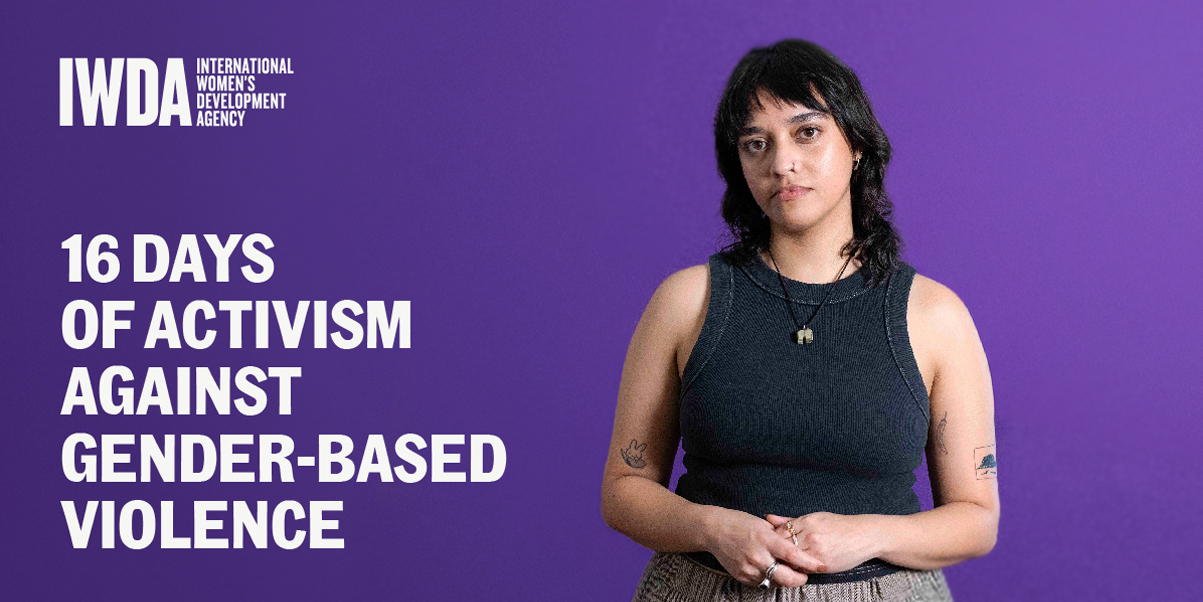
This 16 Days of Activism, join us in changing the conversation about the manosphere and raise awareness of its effects on women, men and gender diverse people – on and offline.
Explore our factsheets to learn about the campaign and the manosphere.
What is this year’s 16 Days of activism theme?
This year’s 16 Days campaign focuses on one of the fastest-growing forms of abuse: digital violence against women and girls.
From trolling, doxing and cyberbullying to image-based abuse, online grooming and AI-generated deepfakes – digital tools are being used more than ever to harm, harass and abuse women and girls. In addition to making online spaces unsafe for women, these acts can lead to offline violence and have long-lasting effects on survivors.
Globally, 58% of girls and young women have experienced some form of online harassment.
In Australia, one in three women has experienced sexual and image-based abused, with those most likely to have experienced technology-facilitated abuse including:
- Three in four LGB+ Australians;
- Three in four young and middle-aged women;
- Two in three Aboriginal and Torres Strait Islander peoples;
- Three in five Australians with a disability.
Technology-facilitated violence is also more often used to target women in political and public life – becoming a powerful tool to silence them in the online ‘public square’ and in offline spaces.
While online spaces can be important places of connection for the 5.5 billion people that use them, they can also become breeding grounds for misogyny.
Every day, young men and boys are being targeted and harmed by intentionally inflammatory content from the manosphere – a loose network of anti-feminist online communities pushing rigid ideas of what it means to be a man. In these spaces, men and boys are repeatedly told that feminism and progress towards gender equality are to blame for the issues they face.
While most do not believe in the more extreme aspects of the manosphere, many young men and boys are being regularly targeted by and exposed to its ideas. More than an online trend, the manosphere is having real-life impacts on us all. It’s changing the way young men and boys understand their place in the world, shaping their views on gender equality and influencing how they interact with the women and girls in their lives.
The manosphere is harming us all – it’s time we talk about it.
Share your story to help us build the evidence we need to drive real change.
Why does this matter?
Violence against women continues to occur at an alarming scale in every country in the world. Too often, it is excused away and normalised by a global culture of discrimination against women that allows this violence to occur with impunity. Recent movements like Me Too and the Women’s March 4 Justice have propelled this issue onto the global stage and started important conversations about the change we need to see.
But the mainstreaming of networks like the manosphere are once again shifting global conversations about gender equality. It is providing new strength to misogynistic language and narratives, changing how young men and boys view progress towards social justice and equity, and leading to real-life harm for women and girls.
Speaking out against women’s rights abuses is something that women’s rights organisations, including IWDA, do every day. From lobbying governments to improve laws and services, to working with communities to change discriminatory attitudes and behaviours – organisations and individuals are working all over the world to respond to and prevent violence against women.
But violence against women is a global problem – one that requires global action. Calls for action like the 16 Days of Activism are crucial because they shine a spotlight on the issue of violence against women and are an important moment to create public awareness about what needs to change in our communities to prevent this from happening in the first place – at the local, national, regional and global level.
Who needs to be involved?
We all have a role to play in ending violence against women.
That starts with challenging the attitudes that perpetuate, rationalise and normalise this violence, and deny women’s right to safety. Research and lived experience have shown us that men are overwhelmingly the perpetrators of gender-based violence. To see violence truly eliminated, the attitudes of men need to change. Shifting these behaviours is hard and slow, and it requires all of us working together if we are to ever see real change on this issue.
IWDA partners work with both women and men across Asia and the Pacific to see an end to gender-based violence- from providing life-saving services to women escaping violence to running trainings and violence prevention programs that are changing norms, laws and attitudes in their countries.
This #16Days, support women’s rights organisations, march in your cities and join us in changing conversations – because your voice is essential to the global movement to end violence against women. Together we must call on governments, organisations and people everywhere to speak out against violence and challenge the attitudes that make it possible in the first place.
Because violence against women is not inevitable; it is preventable.
What is the history of the 16 Days of activism?
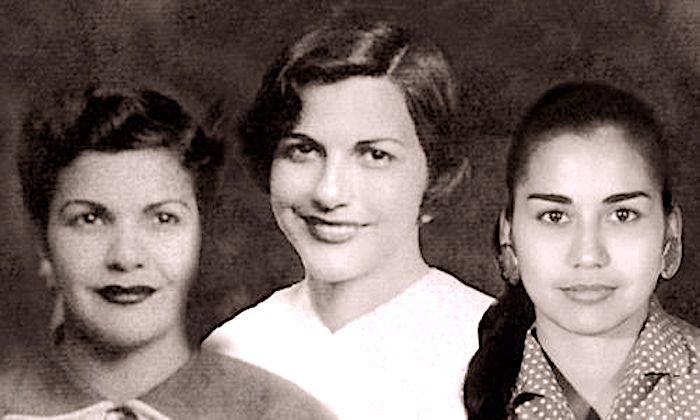
On 25 November 1960, sisters Patria, Minerva and Maria Teresa Mirabal, three political activists who actively opposed the cruelty and systematic violence of the Trujillo dictatorship in the Dominican Republic, were clubbed to death and dumped at the bottom of a cliff by Trujillo’s secret police.
The Mirabal sisters became symbols of the feminist resistance, and in commemoration of their deaths 25 November was declared International Day for the Elimination of Violence against Women in Latin America in 1980. This international day was formally recognised by the United Nations in 1999.
In June 1991, the Centre for Women’s Global Leadership (CWGL), alongside participants of the first Women’s Global Institute on Women, Violence and Human Rights, called for a global campaign of 16 Days of Activism Against Gender-Based Violence.
The 16 days begins with the International Day for the Elimination of Violence Against Women and ends with International Human Rights Day on 10 December– highlighting that violence against women is a fundamental violation of human rights.
